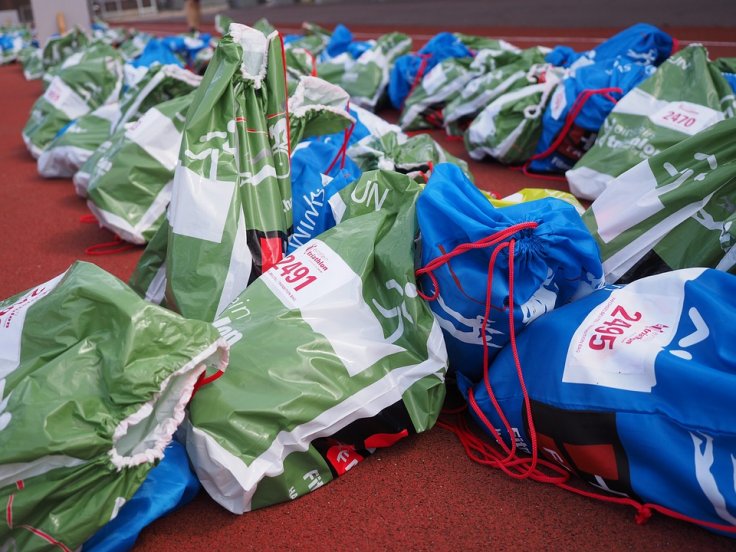
'Iceland', the Supermarket chain in the United Kingdom has become the first of its kind to remove plastic packaging from its labeled products. According to reports, the company which has 900 outlets all over the nation has started implementing a five-year plan to remove all kinds of plastic in its products.
As Iceland has started this initiative, rivals companies are also expected to follow similar paths in the future which will help to combat plastic pollution in the country. Recycled paper and pulp containers will be used to replace plastic in Iceland's labeled products. With this new decision, Iceland has emerged as the first major retailer globally to go plastic-free.
The move comes days after British Prime Minister Theresa May pledged to eliminate synthetic packaging. May also set a deadline of 25 years to banish plastic and requested supermarkets to consider alternatives for this pollutant.
Richard Walker, the Managing Director of Iceland said that a truckload of plastic is being dumped on oceans every minute, and it is resulting in extreme damage to the marine environment and finally to human beings.
"The world has woken up to the scourge of plastics. A truckload is entering our oceans every minute, causing untold damage to our marine environment and ultimately humanity – since we all depend on the oceans for our survival. The onus is on retailers, as leading contributors to plastic packaging pollution and waste, to take a stand and deliver meaningful change," said Walker.
Richard Walker also urged other retailers to follow suit, as it is a time for collaboration.
Initially, plastic meal trays will be replaced with wood-pulp alternatives made in Britain. Plastic bags used in frozen vegetables and other food materials will be eventually dropped and replaced with paper covers. The supermarket chain is also looking for viable alternatives for plastic bottles and milk cartons.
Even though the switch from plastic to nature-friendly alternatives will cost Iceland a whopping sum of money, there will be no corresponding rise in the price of their products.
Iceland's move has been well received by environmental campaigners, including Greenpeace, which is concerned about the negative impact of plastic in the world's oceans.
"It's now up to other retailers and food producers to respond to that challenge. The tidal wave of plastic pollution will only start to recede when they turn off the tap. They know the scale of systemic change we need, and yet their responses have been timid and piecemeal. Iceland has offered a more radical solution that shows the way forward for the sector," wrote Greenpeace executive director John Sauven on the NGO's blog.









